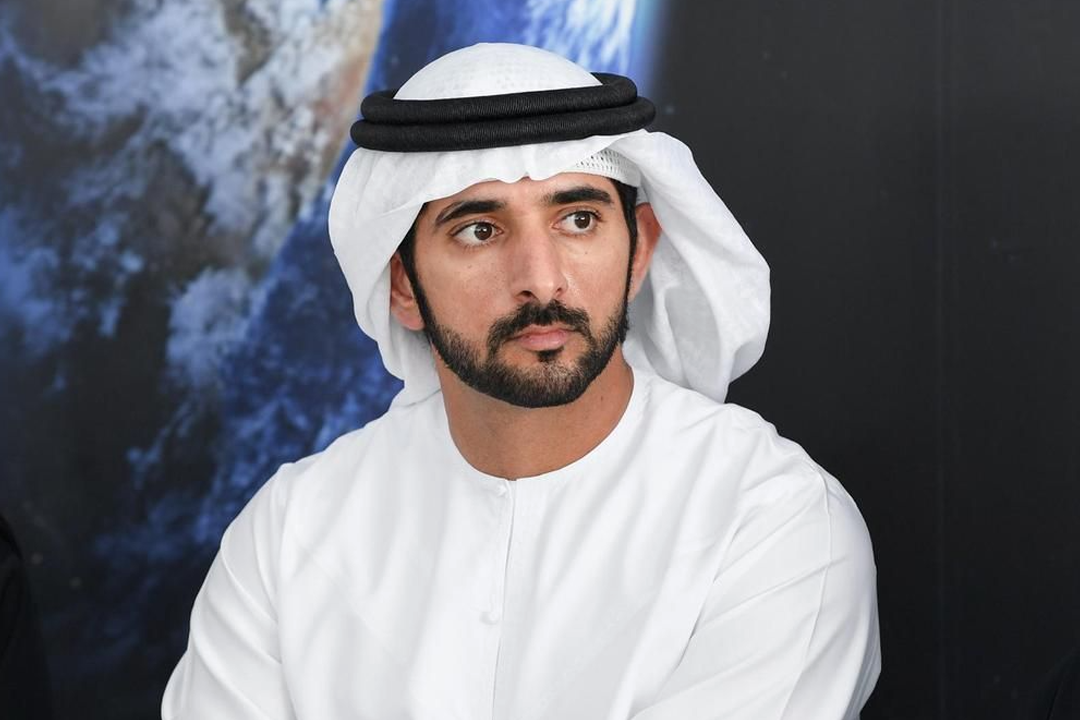Chief AI Officer
AI-powered transformation demands strategic leadership, positioning the Chief Artificial Intelligence Officer (CAIO) as the catalyst for driving unparalleled productivity and innovation in the decade of productivity.
Overview
As we usher in the "decade of productivity" driven by advancements in artificial intelligence (AI), organizations face an imperative to accelerate their transformation journeys.
The Chief Artificial Intelligence Officer (CAIO) emerges as a pivotal leader in this era, steering the enterprise through the complexities of AI integration and unlocking unprecedented levels of efficiency and innovation.

“Artificial Intelligence is the next major revolution of our times – our goal is to be one of the most advanced countries in this regard.”
- H.H. Sheikh Mohammed bin Rashid Al Maktoum

“‘AI’ was always a part of ‘DubAI’. Our city’s focus on future technologies has been integral to its DNA, giving us a world-class competitive edge that continues to push the boundaries of tech advancements. We want to lead the world in embracing AI, to unleash positive, impactful changes that best serve Dubai, the region and beyond.”
- H.H. Sheikh Hamdan Bin Mohammed Bin Rashid Al Maktoum
In Conclusion: A Catalyst for Transitioning from the “Industrial Revolution” to the “Intelligence Revolution”
As humanity transitions from the industrial revolution to the intelligence revolution, the role of the Chief AI Officer (CAIO) is pivotal. This era, marked by AI integration into all facets of business and society, demands the CAIO's leadership to drive innovation and efficiency. The CAIO is crucial in fostering an AI-centric culture, managing risks, and ensuring ethical AI practices. They must balance technological advances with human values, ensuring AI augments human capabilities and operates transparently.
Learning Outcomes
The participants will be able to
Foster a culture that embraces AI, promoting continuous learning and adaptation.
Ensuring that employees understand and leverage AI tools to enhance their productivity and creativity.
Will be able to lead initiatives to re-skill and up-skill the workforce.
Will be able to strategically foresight and prioritize AI projects that deliver the highest impact.
The CAIO will gain knowledge to develop and communicate value creation models that illustrate how AI investments lead to tangible business outcomes.
Understanding AI risks. Can ensure the development of ethical and trustworthy AI applications.
Workshop Schedule
The program consists of four modules, each lasting one day, and covers the following aspects:
- Module 1: Digital Transformation for AI: Strategy and Leadership
- Module 2: Understanding AI Technology for Leaders
- Module 3: AI for Policy makers
- Module 4: Ethical for AI
Module 1: Digital Transformation for AI: Strategy and Leadership
6 hours - 9:00 a.m. till 3:00 p.m.
- Defining AI strategy
- Defining Digital and Leadership Capabilities
- Assessing the digital transformation maturity
- Identifying AI talent and resources
- Manage people elements & culture
- Risks and mitigation of AI plans
- Assessing AI readiness for your organization
Module 2: Understanding AI technology for leaders
6 hours - 9:00 a.m. till 3:00 p.m.
- Definition AI and terms
- AI Lifecycle
- Generative AI/LLMs
- Responsible AI/Trustworthy AI
- Assessing Trustworthy AI in your organization
- Big data - Cloud Computing
- Machine Learning
- Real time analytics and Predictive AI
Module 3: AI for policy makers
6 hours - 9:00 a.m. till 3:00 p.m.
- The role of AI in policy context
- AI Policy frameworks and guidelines
- Evaluating international AI skills policy
- Use cases of different AI Policies
- Government (UAE AI Policy, EU AI Policy, US AI Policy)
- Companies (Microsoft approach to AI, AWS approach to AI, Google approach to AI)
Module 4: Ethical for AI
6 hours - 9:00 a.m. till 3:00 p.m.
- The role of Ethical AI in policy
- Ethical AI
- Ethical consideration for AI policy
Register
For inquiries and registration, please contact: executiveeducation@rit.edu










